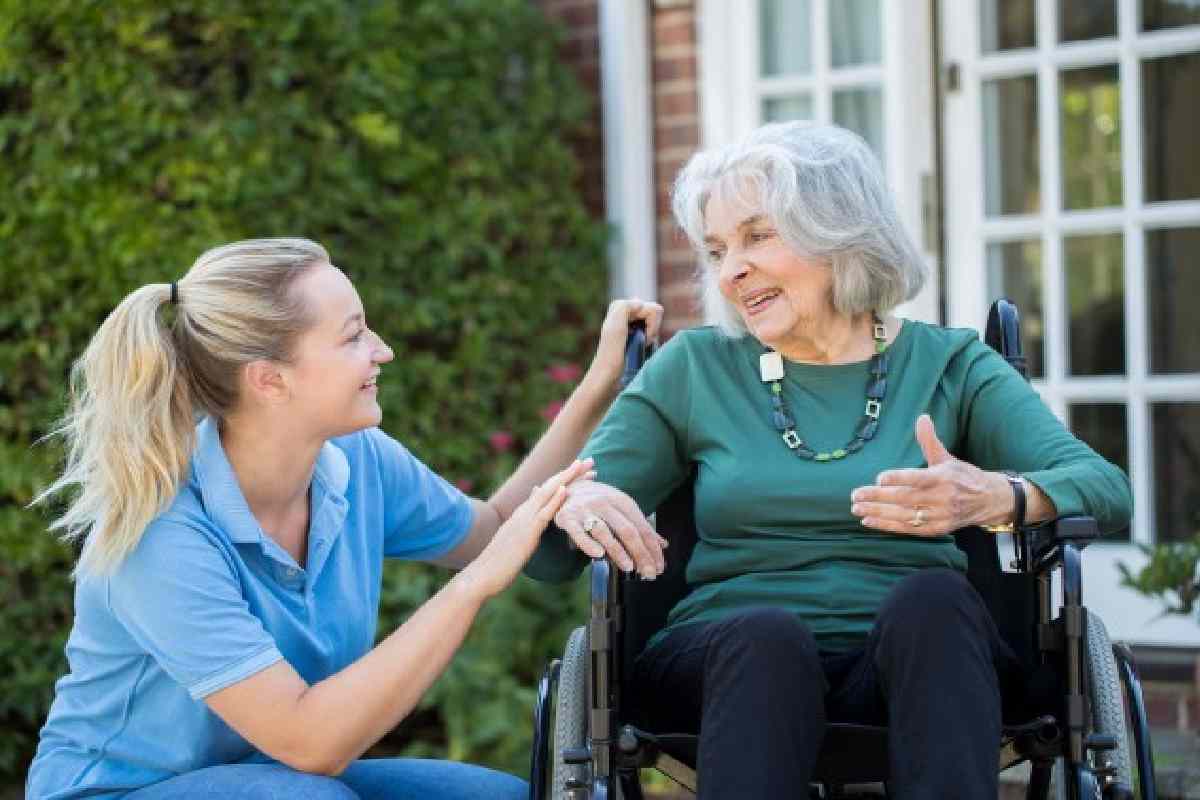It might be difficult to know how to prioritize our loved ones’ care needs as they age. The care needs of elderly relatives might range from medical attention to emotional assistance.
Here are some pointers on how to prioritize care for an aging relative.
Table of Contents
Recognize Their Medical Need
Our loved ones’ health can deteriorate as they get older. Prioritizing their medical needs, as well as their emotional and social well-being, is critical. Some important factors to consider when prioritizing medical care are:
- Arrange regular doctor’s appointments: Frequent check-ups can help uncover medical problems early and prevent them from worsening. These visits should involve a review of all medications to check that they are still needed and that they are being taken correctly.
- Keep an eye on their diet: Eating nutritious meals is vital for optimum health. If your loved one is having difficulty preparing meals, consider meal delivery or in-home care.
- Encourage physical activity: Regular exercise can help avoid a wide range of medical problems, including heart disease, stroke, and osteoporosis. If your loved one has mobility or other limitations, consider hiring a home health aide or other support.
Examine Your Housing Choices
As our loved ones grow older, they may require varying amounts of care. It is critical to examine housing options that fit their requirements, such as:
- In-home care can assist elders who require assistance with everyday chores such as bathing, dressing, and meal preparation. They can stay in the comfort of their own home with this option.
- Assisted living communities provide a more supportive environment for seniors. Meals are often given, and staff members can assist with everyday duties such as medication administration.
- Elders with more severe medical needs may require skilled nursing care. This type of care is frequently provided at a nursing home or any other long-term care facility.
It is critical to include your loved one in the decision-making process while researching housing choices. If you are seeking for long-term residential care choices, look for high quality homes, for instance signature care home in chertsey to signature care home is a good care home to consider or compare others to.
Emotional and Social Support
Social and emotional support is as crucial as medical care. Below are some important ways to offer emotional and social assistance to an aging relative:
- Spend quality time with them: One of the most effective ways to provide emotional support is to spend time with your loved one. You can play games, view movies, or simply talk.
- Consider companionship services: If your loved one is lonely or isolated, think about paying someone to spend time with them. These services are provided by a large number of home care agencies.
- Urge your loved one to participate in social activities: Encouraging your loved one to participate in social activities can help prevent depression and feelings of isolation. Several communities, such as community centers, senior centers, and churches, provide social activities for elders.
Caregiver Stress Management
Caring for a senior relative can be a difficult and stressful task. It is critical to prioritize self-care and deal with caregiver stress. Here are some pointers to get you started:
- Take pauses: It is critical to take regular breaks from caring for others in order to recharge and avoid burnout. Consider respite care services, which provide carers with short-term relief.
- Get help: Joining a caregiver support group can be a great way to get emotional support and advice.
- Seek professional counseling: Caregivers who are feeling overwhelmed or worn out may benefit from professional counseling.


